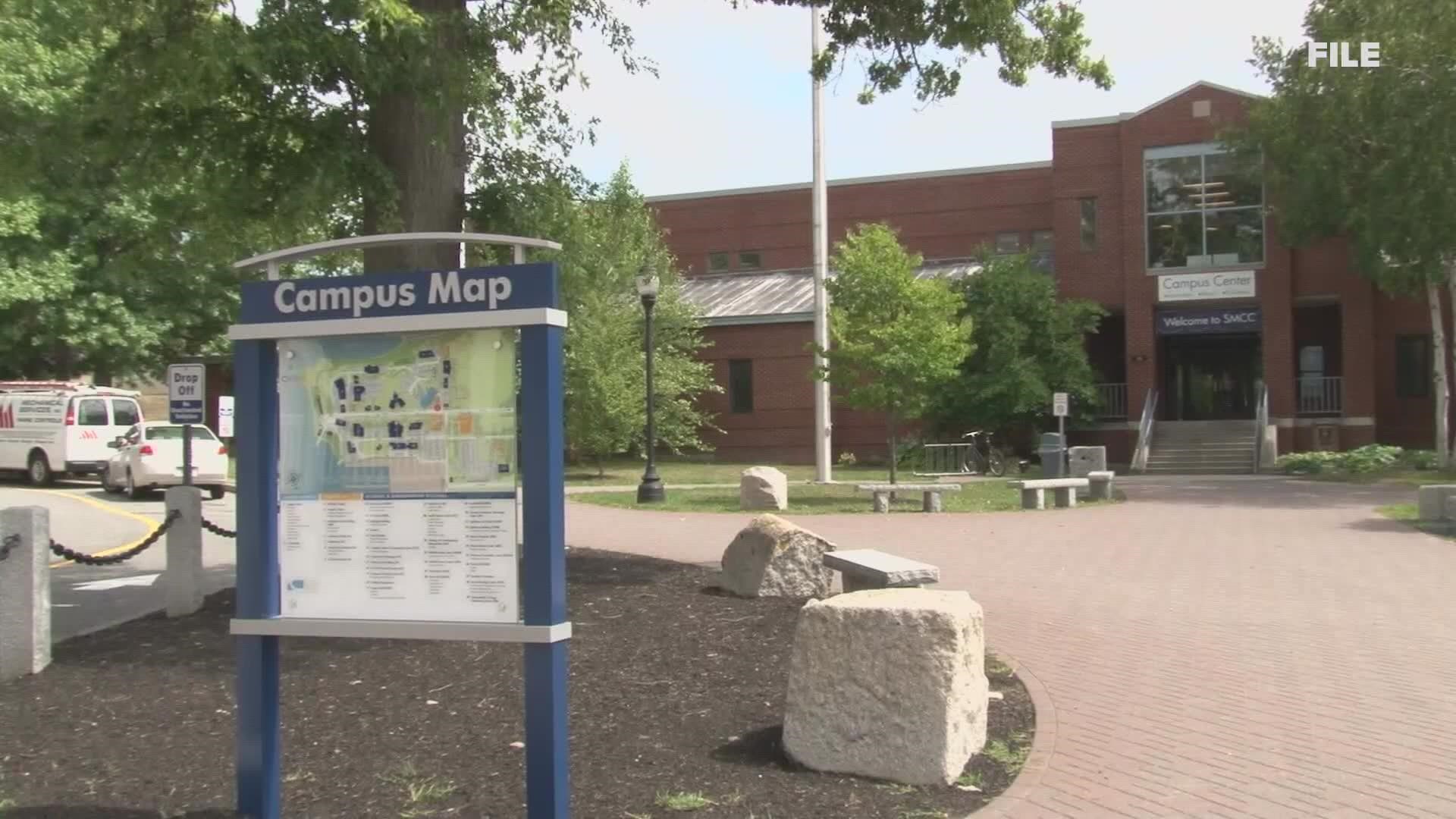AUGUSTA, Maine — Maine Senate President Troy Jackson, D-Allagash, is hoping to improve sexual assault reporting and victim care at Maine universities.
His bill, LD 1727, would create a sexual misconduct advisory commission, made up of 20 Mainers from a broad range of backgrounds. They would provide a report every other year, using peer-reviewed research and interviews with experts.
Under the federal Clery Act, schools must report crimes, but many assaults go unreported.
According to a multiyear survey released in 2020 by the Association of American Universities, 26.4 percent of female undergraduates and nearly 7 percent of male students said they had been the victim of a rape or sexual assault.
The University of Maine, the state's largest public institution, listed 10,156 undergraduates at its Orono and Machias campuses combined for the fall 2020 semester.
In its mandatory Clery Act report for 2020, the university tallied three on-campus rapes.
"You talk right now to campuses, and they say there’s no problem, that they already have people in place, and there’s not a problem," Jackson said during a Monday virtual interview. "But when you talk to the students, it seems that there is a problem."
The legislature's committee on education and cultural affairs discussed the bill Monday.
Lotte Parson, a student at private Bowdoin College in Brunswick, joined the virtual session to support the bill and field questions from lawmakers.
"In my experience with the many conversations I've had with Maine institutions of higher education, I've seen that this is something that has a major impact on too many people's college experiences and university experiences," she said in an interview after the meeting. "I would like to see that change."
The bill, however, does not have unilateral support.
Representatives from Maine Maritime Academy, The University of Maine System, and the Maine Community College System testified against it.
Each representative said their school works hard to prevent assault and to help victims on their campuses, but they worry the bill would conflict with federal laws already on the books that they fear could add confusion for students and administrators alike.
The 20-member commission established by the bill would report its findings to the state's education commissioner.
Megan Welter, from the state Department of Education, testified neither in favor of nor against the bill but explained to lawmakers that DOE currently oversees only Pre-K to grade 12 schools. The bill would grant new powers and responsibilities to the department that reach into the college realm.
LD 1727 would also establish confidential resource advisers, or CRAs, who would be given "qualified privilege." In other words, they would not be required to report details to the school or state when a student meets with them.
The addition of these CRAs is a cornerstone of the bill, according to Every Voice Coalition Co-Executive Director Lily James. James said the coalition has worked with students and survivors in 12 states to shape sexual assault policy.
Five states, including Connecticut, Massachusetts, and New Hampshire, have enacted laws based on frameworks written by the coalition and local students. Lotte Parson is working with James on Maine's bill.
"Take a step back, zoom out, and say, 'How can we meet the needs of 100 percent of student survivors,'" James said. "Which we’re seeing is not being met through Title IX."
The legislative committee is scheduled to meet again Wednesday, when they plan to resume talks on LD 1727.
Meetings can be viewed on the committee's YouTube page.

